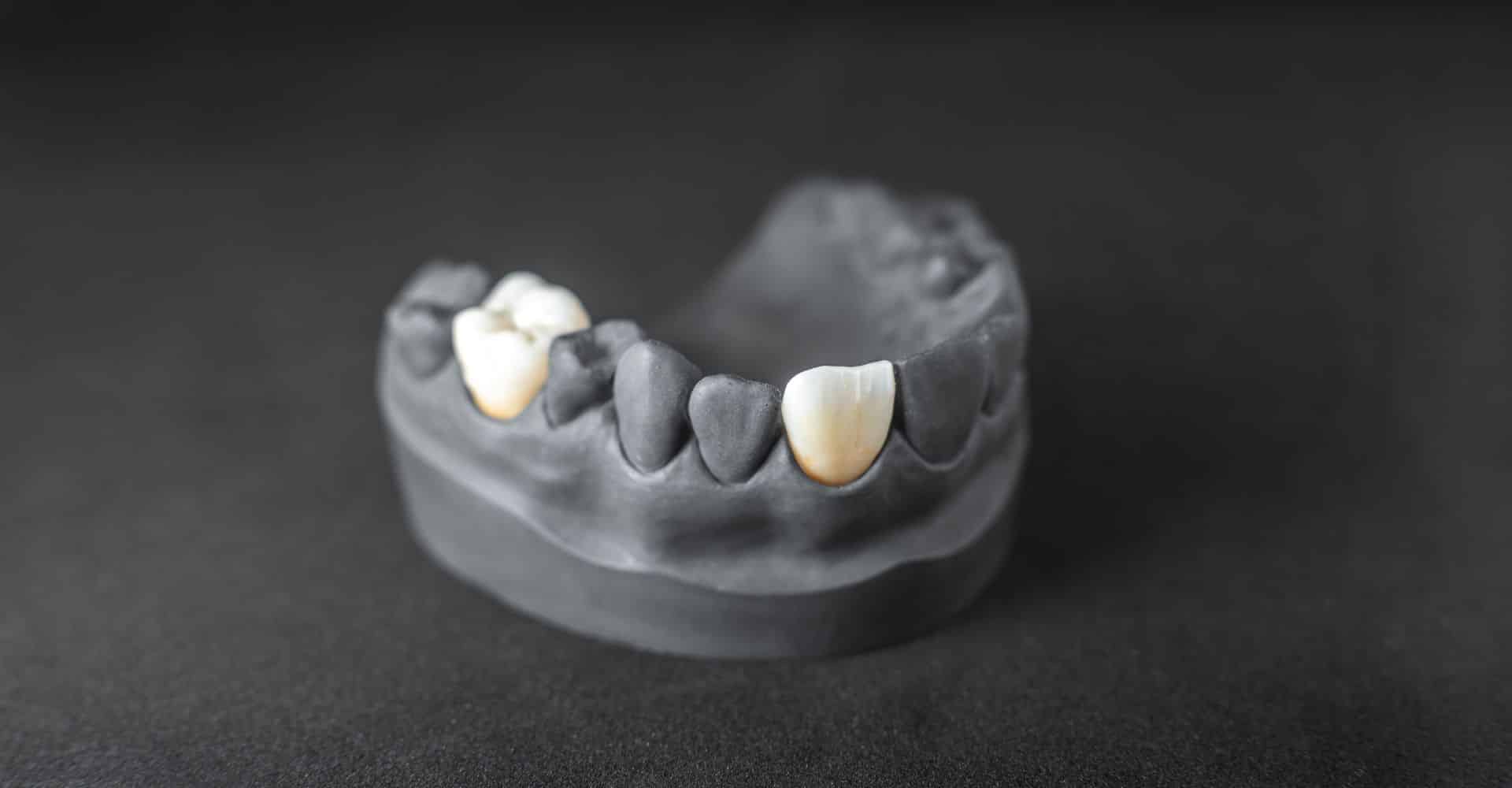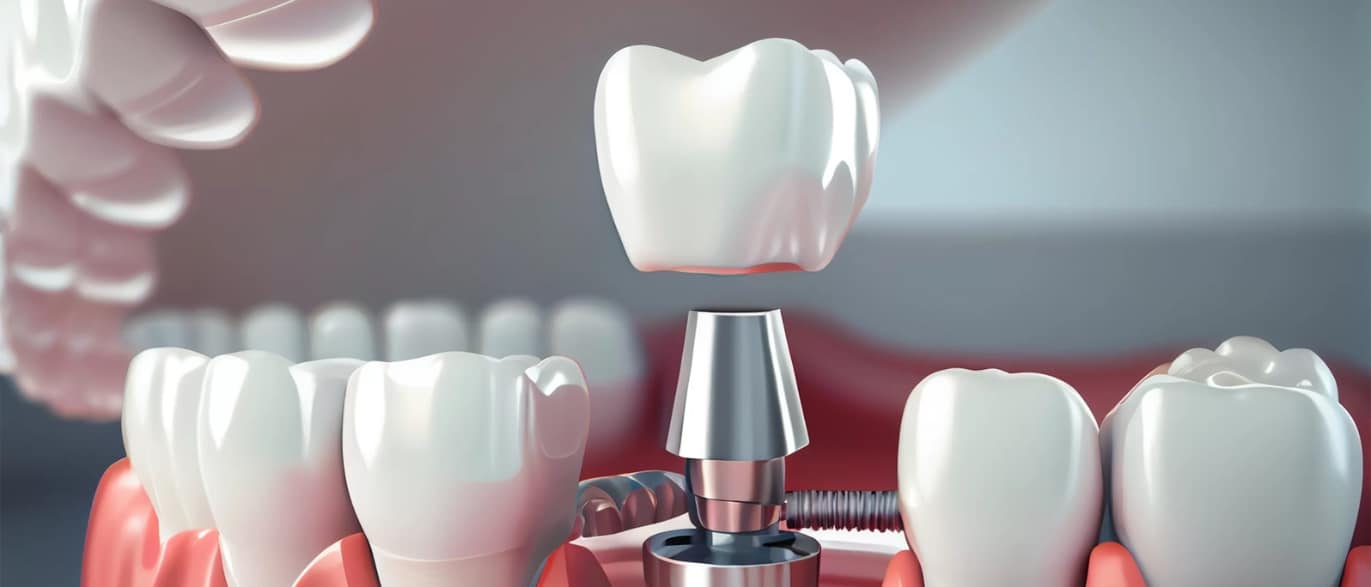Pearl Dental Blog

Why Should You Get Dental Implants?
At some point in life, sooner or later, we all need dental implants to maintain the health of our teeth. Even though it sounds like a daunting procedure, trust us, it is better than suffering from dental problems and other health issues that a missing tooth will bring.
What Are Dental Implants?
Dental implants are artificial replacement tooth roots made from titanium that replace a missing natural tooth or teeth. They act as anchors for bridges, crowns, dentures, and other restorations. Dental implants have been used successfully for decades and are known for their superior strength and durability. Their success rate is extremely high when compared to other methods of replacing missing teeth. With proper care, they can last a lifetime.
What Happens If You Don’t Get A Dental Implant?
A dental implant might be more important than you thought. Here are the problems you will face, in case you decide not to get one:
Sagging Facial Aesthetics
Your jawbone loses some of its support and strength when you lose a tooth or several teeth due to injury, decay, or periodontal disease. This can lead to sagging facial features, difficulty eating and speaking, and an overall decrease in self-confidence. Dental implants provide superior support for the jawbone and surrounding tissues. They help maintain the shape and structure of your face, allowing you to eat and speak easily. Dental implants also look like natural teeth, giving you a more confident smile that lasts for years.
Bone Loss
Going without a tooth for as little as 12 months (including extractions) causes bone atrophy; bone density and height decrease and deteriorate almost immediately. After a year, you’ll most likely need a bone graft and a single dental implant. While not completely horrifying, the bone grafting procedure is still more painful and expensive than a simple dental implant.
Neighboring Tooth Losing Its Place
Another unfortunate consequence of delaying (or simply avoiding) dental implants is tooth positioning. Your teeth work as partners, with your other teeth shifting in response to changes in the mouth, such as missing teeth.
For example, your large molars in the back can tip forward into an implant space if you wait too long to get a dental implant – if you wait too long, there may not be enough space for the new tooth.
Furthermore, if the opposing tooth does not have a partner, it can erupt out of your arch and cause problems with your bite. Your adjoining teeth begin to shift – it’s a slow process that begins immediately after you lose a tooth.
Eruption problems can also lead to temporomandibular joint pain (TMJ or TMD), which is characterized by chronic pain in your jaw.
Are you still not convinced? There’s more to it.
Trouble Eating
While you wait for your implant, you may find yourself biting your tongue and cheeks more. While this may not appear to be a major issue, it can quickly lead to eating problems. You can also harm your oral health by overworking the side of your mouth that does not have a missing tooth.
If you wait long enough, you’ll be back in the dentist’s chair, likely facing more expensive and complex procedures than if you’d had your implant placed right away.
All of the above scenarios may require orthodontics, such as braces, clear aligners, or a temporary anchorage device, to straighten the tooth and make room for the implant. Again, this is a more time-consuming, unpleasant, and costly process than simply opting for immediate dental implant surgery.

Replace Missing Teeth With Dental Implants
To replace missing teeth with dental implants requires an in-depth evaluation of your mouth and jawbone to determine the best way to restore them. Your dentist will evaluate your overall health, take X-rays of your mouth and bone structure, and discuss the different types of implants available. Once a treatment plan is determined, a small titanium post is surgically placed in your jawbone as an anchor for the new replacement teeth.
Caring for Dental Implants
Just like natural teeth, dental implants require regular care to ensure they last longer. It’s important to brush twice daily with fluoride toothpaste and floss once daily around each implant crown or bridge. Regular visits to the dentist are also essential for cleaning, checking for signs of gum disease, and assessing the condition of your implants.
FAQs
Q: Are dental implants expensive?
A: Dental implants are more expensive than traditional bridges or dentures initially, but considering that they can last a lifetime with proper care, they are often seen as a cost-effective solution in the long run.
Q: How long does dental implant placement take?
A: The entire process can take several months, depending on the extent of the treatment and healing time needed.
Q: Can anyone get dental implants?
A: Generally speaking, anyone who has healthy gums, adequate bone structure in their jaw, and is free from any active oral infections such as gum disease can qualify for dental implants.
Getting dental implants is an excellent option for replacing missing teeth and maintaining the health of your mouth. They provide superior strength, durability, and comfort while helping you maintain your facial structure, eating, and speaking abilities, and self-confidence. With proper care, even dental implants can last a lifetime!





